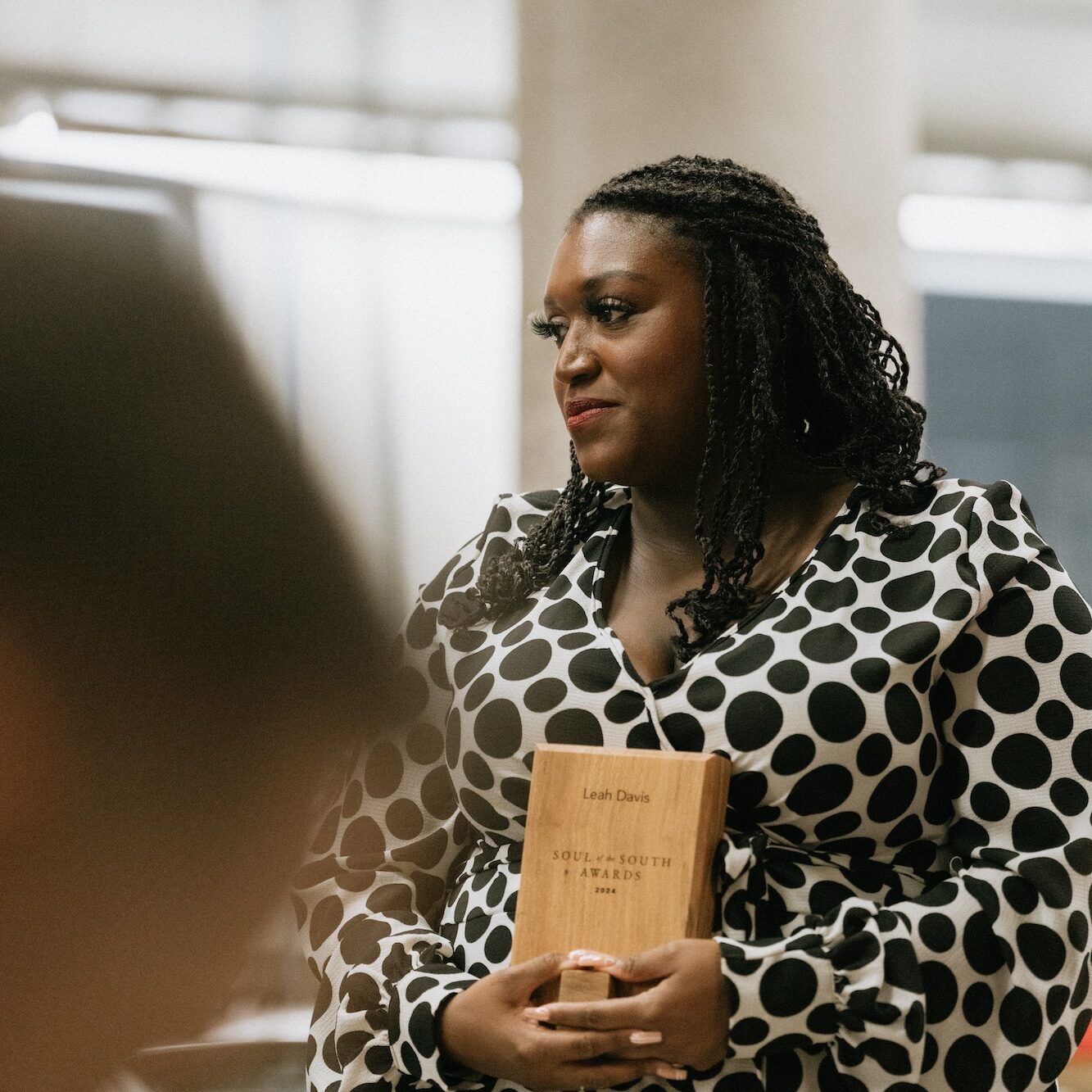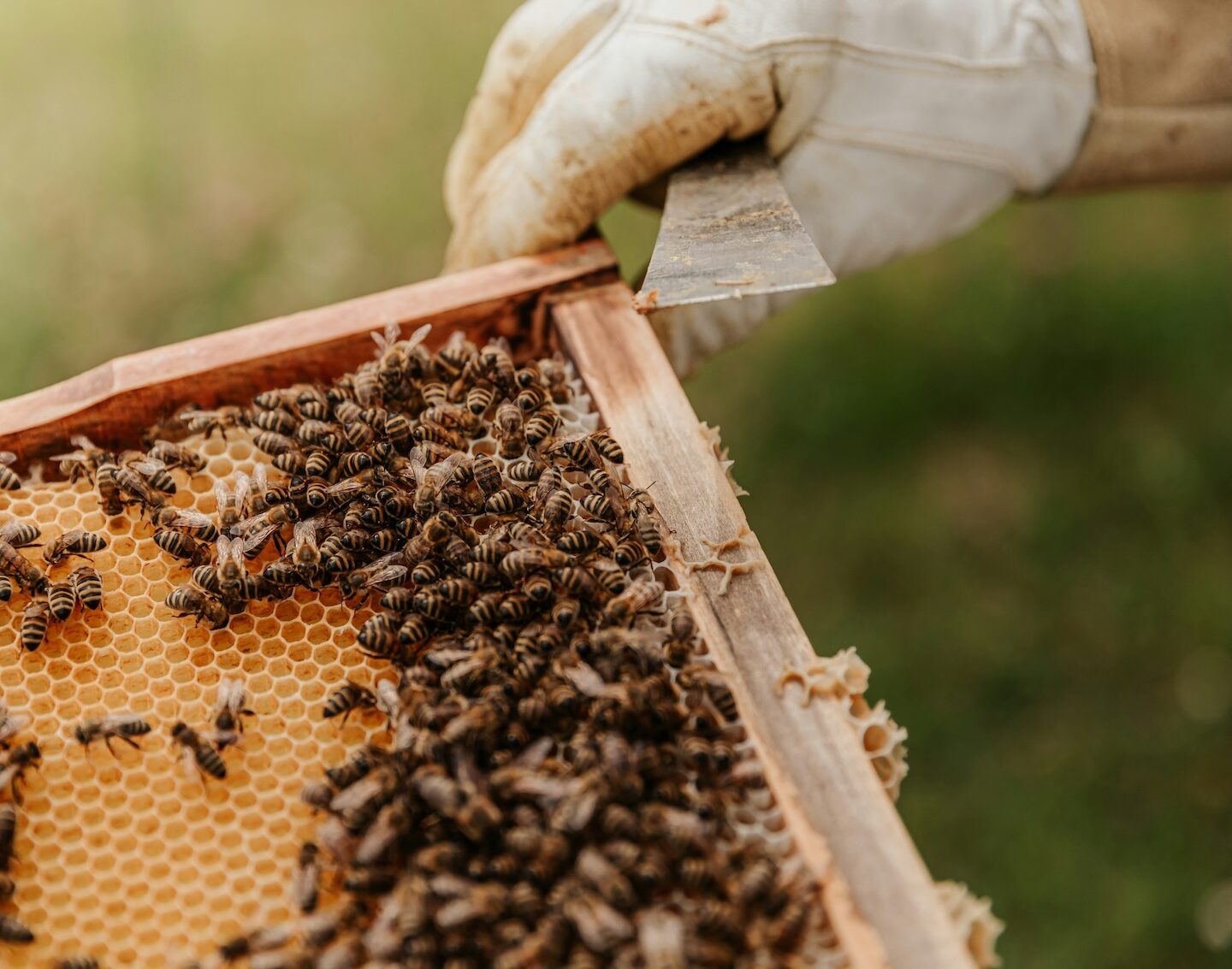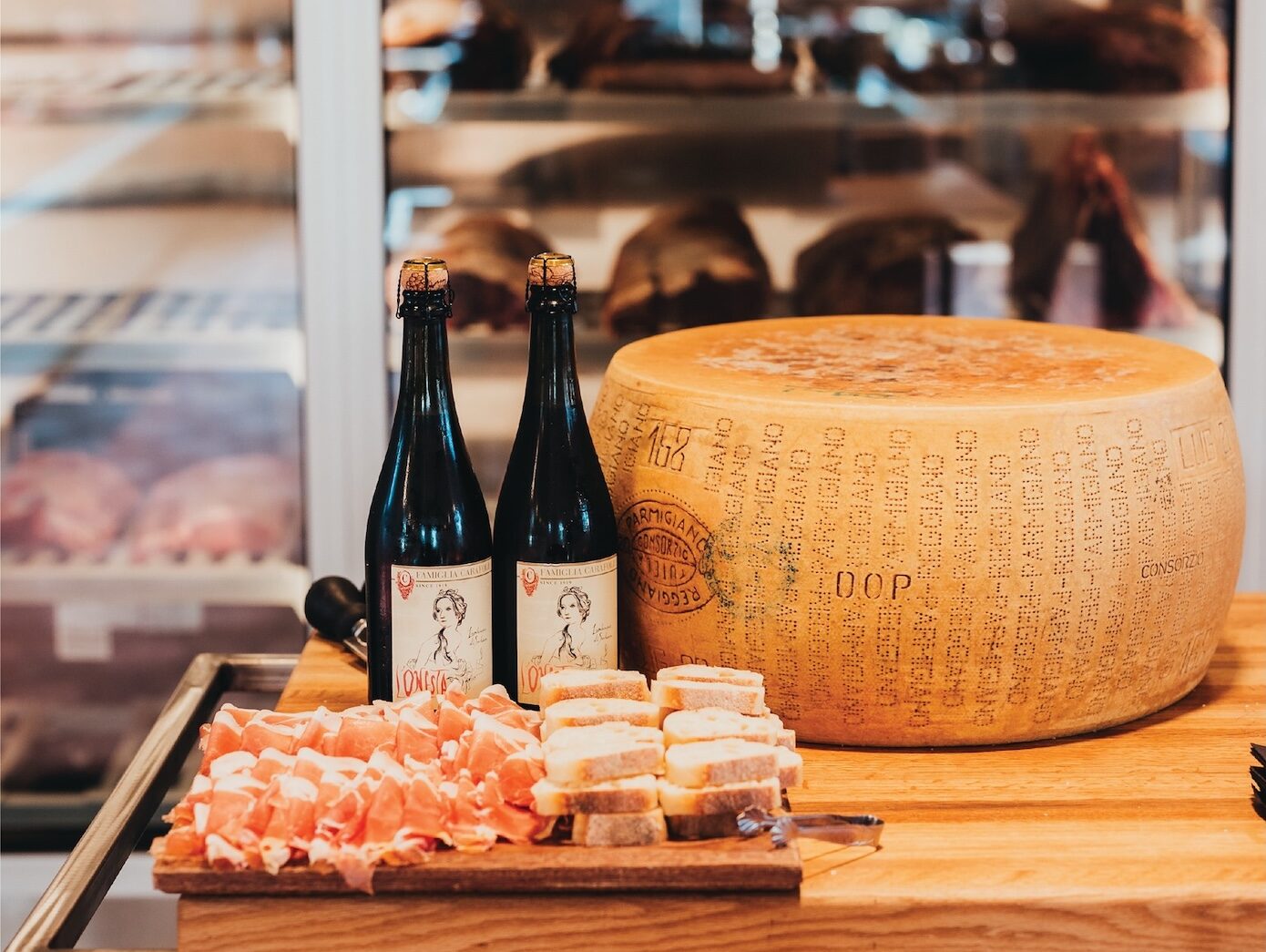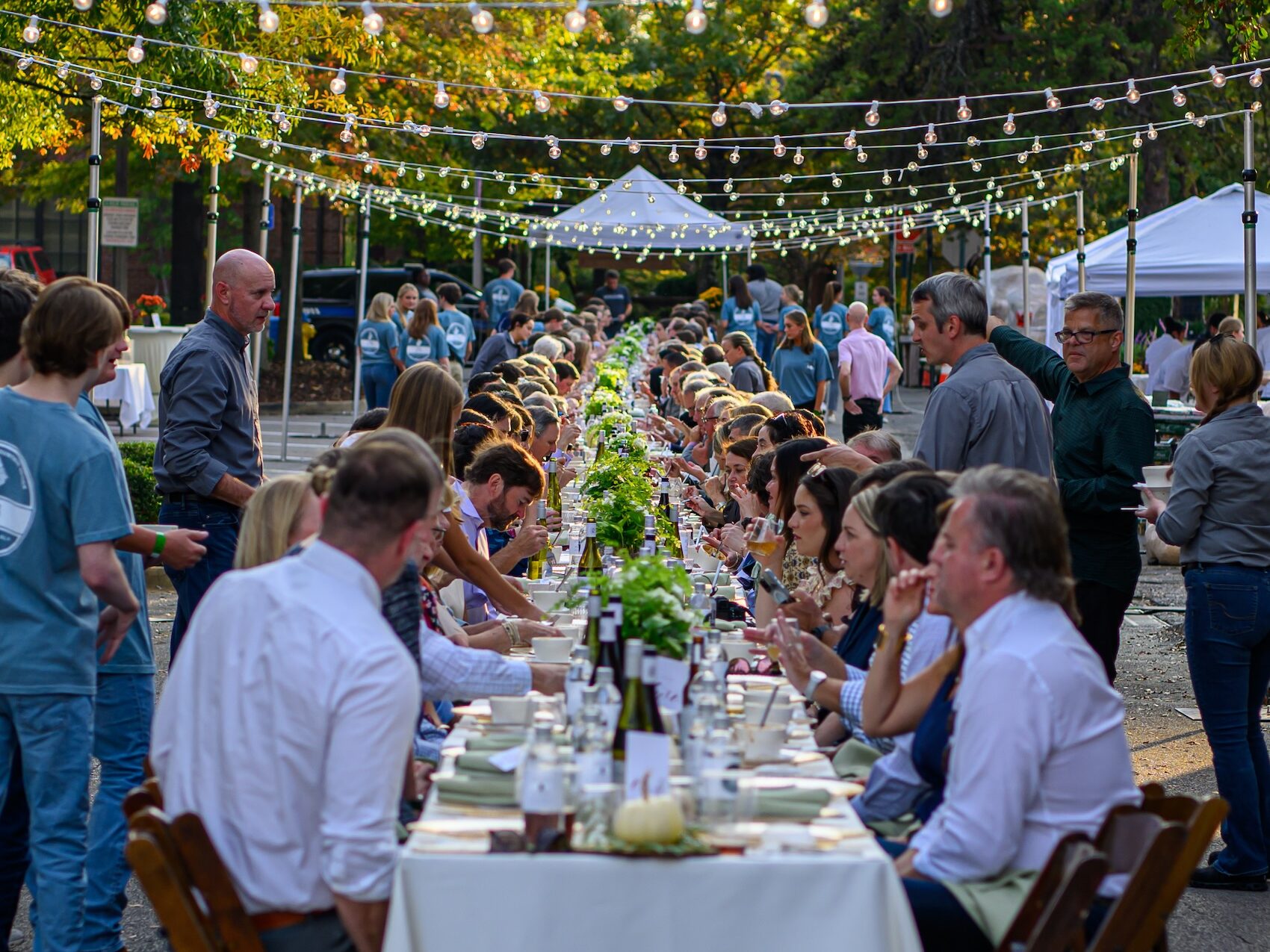Nominated by Melanie Bridgeforth of the Women’s Foundation of Alabama, Leah Davis was honored at our 2024 Soul of the South Awards as our Humanitarianism & Philanthropy category winner.
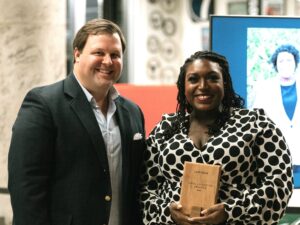
(Mary-Gates Kennedy/SoulGrown)
Biography
Leah Davis, a Mississippi native, is passionate about philanthropy, equity, and community engagement. Leah is currently the Development Director for the Jefferson County Greenways. In her role, she works with individuals, foundations, and corporations to support the organization’s programmatic goals, and coordinates local, state, and federal government initiatives to ensure public access to greenspaces for all in Central Alabama.
Before her current role, Leah Davis moved to Birmingham via the United Way of Central Alabama, where she managed the J. Mason Davis Leadership Society. Leah is a graduate of the University of Mississippi’s Sally McDonnell Barksdale Honors College. As a student, she advocated for diversity and inclusion initiatives and was ultimately inducted into the University of Mississippi’s prestigious Hall of Fame.
During her free time, Leah loves to experience Birmingham’s rich food and music scenes with friends and family and exercise at the local greenspaces and Ignite Cycle.
Soul of the South Q&A
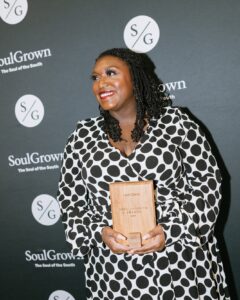
(Mary-Gates Kennedy/SoulGrown)
1) What was your “aha” moment or when did you decide that this was the industry for you?
When I worked at United Way, I was the manager of J. Mason Davis Society and got to know Mr. Davis really well. He’s really close. There was one moment when he wanted to include me in a decision, regarding his philanthropy, and that meant a lot. And that, that showed that I was qualified, that I was capable, but that also that I could really make an impact with people.
2) How did your upbringing or time spent in Alabama shape your career?
The community here has just wrapped its arms around me and has really been phenomenal. I would not have the career that I have if it wasn’t for mentors and people who believed in me and believed in my success. I think that something really special about Birmingham is that they value young professionals and their talent. They really want them to succeed and stay here, invest here, and grow here.
3) What keeps you moving forward in the industry, and do you have a quote or motto that resonates with you?
I apply so many to my life. Across the board, and particularly with public-private partnerships, people are really trying to find sustainable solutions and thinking about how their organizations are going to make an impact for years to come. I think that with the work I’m doing right now, the aspect of regional cooperation, bringing people together, and modeling ourselves after other successful states and cities is really encouraging. It gives me hope that we’re only going to continue getting better.
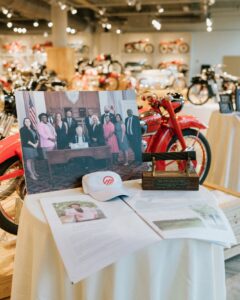
(Mary-Gates Kennedy/SoulGrown)
4) How has your nominator made a positive impact on your idea of and/or relationship to your industry?
Melanie Bridgeforth is the gold standard for business, for government, for nonprofits, and just for leadership. Melanie shows how you can be really strategic and you can use philanthropy to further initiatives that impact everybody as a whole. She knows how to bring people along to support the vision. I really, I really admire her.
5) What would you consider your greatest professional accomplishment?
Being involved with Jefferson County Greenways. When I started, it was Red Mountain Park and we worked really hard on this fundraising and like public affairs mini-campaign of sorts to really consolidate all of our green spaces and make them more sustainable for the future. You don’t see collaboration and consolidation like that, particularly in the nonprofit space. I’m just really proud of our board, our commissioners, and our executive director.
6) What would you like to see more of in Alabama as it pertains to your industry?
I want to see more national attention and more national philanthropy supporting the work here in Birmingham. I think Birmingham is one of the greatest philanthropic cities in the country. There is a trend where a lot of national foundations, and national philanthropy, don’t really invest in the South. I would love to see more national organizations that benefited from the South and benefited from labor in the South, really invest back into the South and support the work that we’re doing.
